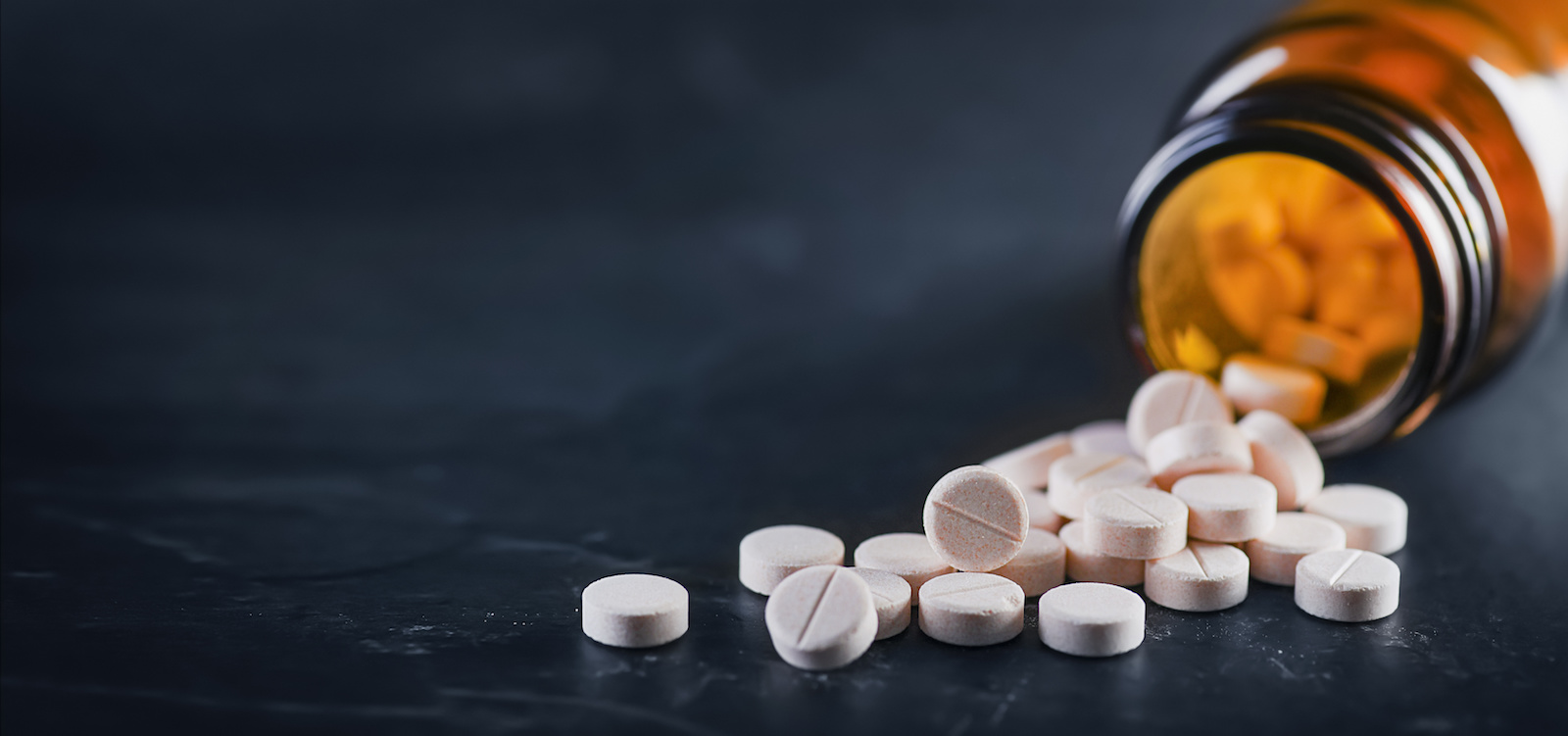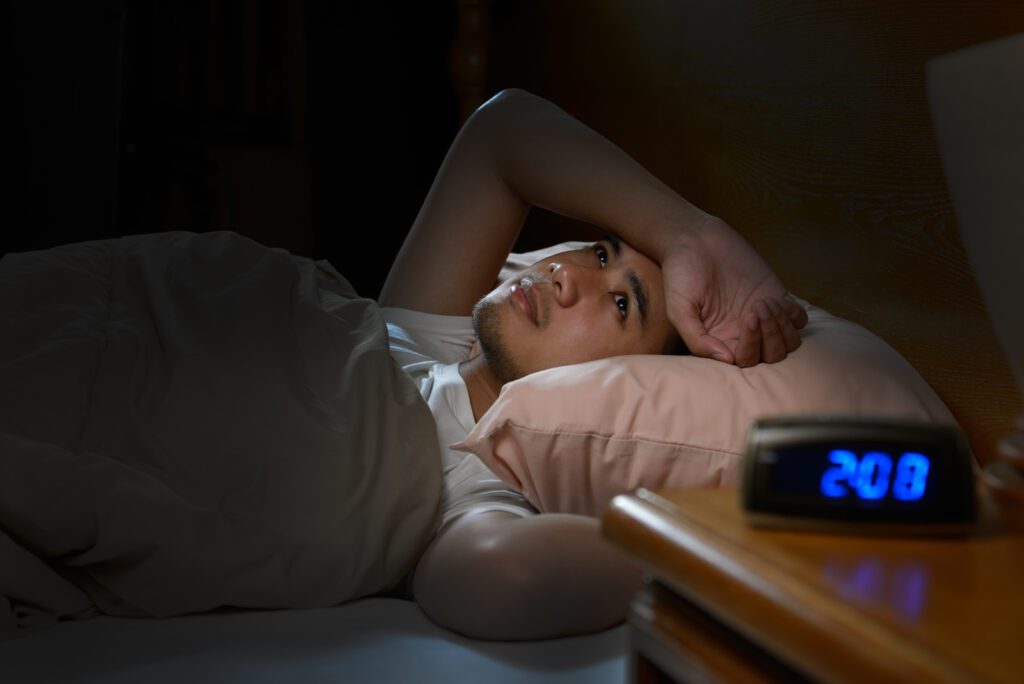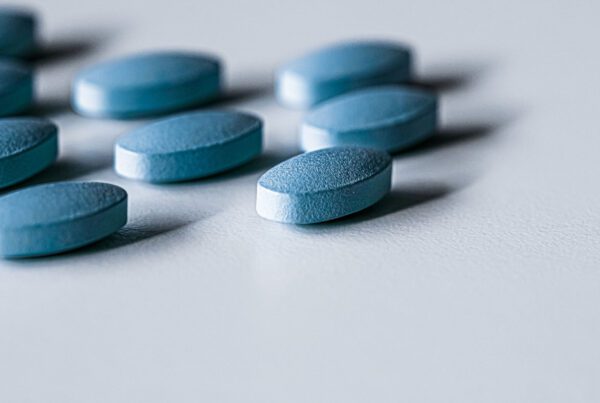
Table of Contents
Our country has been in the grips of an epidemic for many years, and it is becoming worse than ever. The opioid epidemic is responsible for destroying countless lives yearly, including individuals caught in the torturous cycle of abuse and their friends, families, and loved ones. One of the most important substances in the deluge of opioid prescription abuse is the well-known and often-prescribed painkiller Vicodin.
Prescription painkiller Vicodin is a commonly recommended medication used to treat the pain following a serious injury or after surgery. This prescription is a tablet that contains Acetaminophen and Hydrocodone. Because Hydrocodone is included in the formula, Vicodin is considered a synthetic opioid.
The Drug Enforcement Agency in the United States has labeled Vicodin as a Schedule II controlled substance. This status recognizes the medical value of Vicodin while acknowledging a high likelihood of addiction or dependency stemming from its misuse. Despite these factors, Vicodin is still commonly prescribed for pain control following injuries and many minor surgeries.
The opioid epidemic just gets worse as the years go on. The death rate due to opioid overdose has risen almost 400% in less than 20 years’ time: In 1999, the United States saw 3,442 deaths from an opioid overdose; in 2017, there were 17,029 deaths. Of those deaths, many were individuals who were dealing with an addiction to opioids. If you think you may have an addiction to Vicodin, getting clean is possible, and when you know what to expect from your withdrawal experience, it could be closer than ever.
The Side Effects of a Vicodin Addiction
Vicodin and other opioid pain medications are best for short-term use, as using them for an extended time can quickly lead to dependence or addiction. When you’ve been using Vicodin for a while, and your judgment is clouded by the physical and chemical dependence, seeing your use for what it is can be challenging.
Many individuals don’t realize that they have a dependence until they stop taking the prescription. When the withdrawal symptoms set in, reality sets in. Not every person dependent on Vicodin is addicted, but dependence often leads to addiction.
Like most drugs, Vicodin can negatively affect a person’s health. Taking Vicodin for an extended amount of time can cause the following effects:
- Aches and pains
- Anxiety
- Constipation
- Depressed breathing rate
- Depressed heart rate
- Depression
- Dizziness
- Muscle pain
- Nausea and vomiting
Vicodin can also be quite dangerous for the liver due to its acetaminophen content. One of the unfortunate downsides to using acetaminophen is that doses over 325 mg regularly lead to people ending up in the emergency room due to overdose.
Signs You May Have an Addiction to Vicodin
Many individuals are dependent or addicted to Vicodin, which has few negative side effects. The truth is, this is incredibly rare for many reasons. For almost every person with an addiction, it has multiple negative effects on their life.
According to the Diagnostic and Statistical Manual of Mental Disorders fifth edition, you must meet 2 or more of the following criteria to be diagnosed with Substance Abuse Disorder:
- Continuing to use Vicodin regardless of how it will impact relationships
- Cravings to use Vicodin
- Development of withdrawal symptoms
- Giving up important recreational, social, or occupational activities due to Vicodin use
- Neglecting home, work, or school responsibilities because of Vicodin use
- Needing larger amounts of Vicodin to get the same effect as before, also known as a tolerance
- Wanting to quit but not being able to on your own
Like many drugs in the opioid family, becoming addicted or dependent on Vicodin will have several visible signs that may be spotted in yourself or someone close to you who may have a growing problem with Vicodin. Not only will there be some significant behavioral changes that are often noticed early on, but there will be visible changes to the individual’s mood for those that know them, as well as signs that are indicative of Vicodin’s effects on the body.
When someone has developed a problem with Vicodin, they will frequently display a euphoric mood when under the influence of the drug, whereas someone using it for legitimate pain control will only feel the reduction in pain rather than strong euphoric effects. They may also display severe mood swings, previously unseen emotional instability, and uncharacteristic anxiety.
Some behavioral signs will be obvious for those close to the individual struggling with addiction. For example, those with a Vicodin addiction will become primarily focused or preoccupied with getting more Vicodin by any means they can. This may include visiting multiple doctors to get multiple prescriptions, asking friends or family members to try and obtain prescriptions for them, or stealing the drugs from people with valid prescriptions.
Some of the physical signs will be the same as with any other powerful opioids and will often give the appearance that the individual is sleepy, drunk, or otherwise in a slowed and depressed state. The user will have constricted and minimally responsive pupils, physical weakness & lack of coordination, inability to concentrate or focus on a given task, extreme & uncontrollable drowsiness, nausea, vomiting, itching, dizziness, and persistent headaches.
Withdrawing From an Addiction to Vicodin: Signs & Symptoms
The good news is that no matter how uncomfortable the Vicodin withdrawals are, the symptom is generally not life-threatening. Withdrawals begin between 6 and 12 hours following the final dose and often last 7-10 days. How severe the withdrawals are and how long they last heavily depend on the length of use and the normal dose taken.
One of the biggest dangers of opioid addiction is that the body can quickly build up a tolerance, which leads to needing larger amounts of the drug to get the same effects. This can be especially dangerous for addicts who relapse, as this tolerance can drop when an individual refrains from using for a while. When an addict relapses, they may take the dose they were taking before they quit, but their time away from Vicodin has allowed their tolerance to be reduced, resulting in an overdose.
The withdrawals from Vicodin are very similar to the withdrawals from other opioids. Most people can expect the following symptoms during detox.
Physical symptoms of withdrawal include:
- Appetite changes/decreased hunger
- Sleep disturbances
- Enlarged pupils
- Tremors
- Nausea
- Vomiting
- Diarrhea
- Sweating
- Goosebumps
- Shivering
- Fever
- Chills
- Runny nose and/or nasal congestion
Psychological symptoms of withdrawal include:
- Anxiety
- Confusion
- Mood swings
- Irritability
For people that have a more serious addiction or have been taking larger amounts of Vicodin, the timeline for their withdrawals could last much longer, even months. In addition to regular withdrawals, some individuals experience post-acute withdrawal syndrome (PAWS). Most of the symptoms of PAWS are mood and psychologically related.
The symptoms of PAWS include:
- Anxiety
- Cognitive impairment
- Depression
- Exhaustion
- Inexplicable chronic pain
- Intense cravings
- Irritability and hostility
- Lack of libido
- Limited ability to think clearly or focus
- Mood swings
- Sleep disruption
While the end of the withdrawal and detox stage may bring the end of most physical and psychological withdrawal symptoms, they will not all fade at the same speed. Depression and anxiety are two symptoms known to persist for years after detoxing in some cases. Additionally, even years after the detox is completed, individuals that battled opioid addictions can face a sudden resurgence of cravings in the future, even after years of recovery.
For those that may have PAWS, the best person to speak to would be a therapist, as the symptoms are mainly emotional and psychological rather than physical. The good news is that these feelings won’t last forever, and you will be able to regain your life.
What To Do If A Vicodin Addiction Has Taken Over
Vicodin can help relieve pain if you are injured or need surgery, but prolonged use can lead to serious complications. Not only can extended use of Vicodin lead to medical complications such as liver problems, but it can also lead to dependence and addiction.
The negative effects on your health are challenging, but addiction can also creep in and harm other aspects of your life. It can put a strain on your relationships with loved ones and can also impact your work life.
If you or a loved one have developed an addiction to Vicodin and you just can’t beat it on your own, you don’t have to tackle recovery alone. Once you realize that you have a problem and that the only way to get through it is with help, it’s time to talk to a professional to get the help you need. If you are ready to tackle this addiction and get clean with the help of a team of trained professionals, reach out today.
Sources:
Ocean Recovery has strict sourcing guidelines and relies on peer-reviewed studies, academic research institutions, and medical associations for our references. We avoid using tertiary references as our sources. You can learn more about how we source our references by reading our editorial policy.
- Tran S, Lavitas P, Stevens K, et al. The Effect of a Federal Controlled Substance Act Schedule Change on Hydrocodone Combination Products Claims in a Medicaid Population. J Manag Care Spec Pharm. 2017;23(5):532-539. doi:10.18553/jmcp.2017.23.5.532
- National Institute on Drug Abuse. Overdose Death Rates. National Institute on Drug Abuse. Published January 20, 2022. Accessed July 29, 2022. https://nida.nih.gov/research-topics/trends-statistics/overdose-death-rates
OCEAN RECOVERY EDITORIAL GUIDELINES
The internet contains a vast amount of misinformation, but when it comes to your health only peer reviewed, research centered data matters. At Ocean Recovery, all content published throughout our website has been rigorously medically reviewed by a doctorate level clinician, and cross checked for medical accuracy. Our editorial process helps our readers trust that the information they are consuming is factual and based upon scientific data. Your health is our top priority, find out more about how we safeguard the integrity of information on our website. Read More About Our Process






